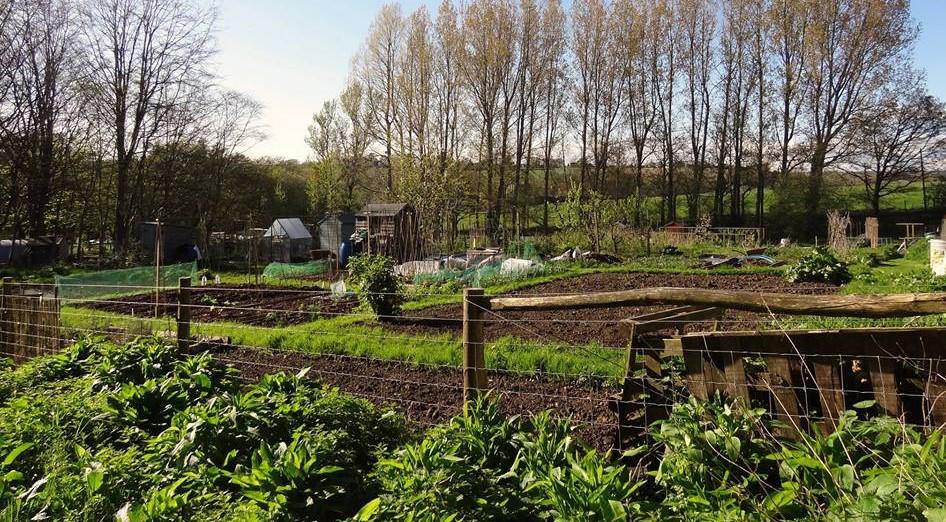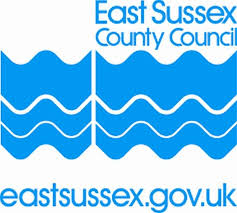-
Temporarily Unavailable
Buxted Parish Council
Buxted Parish Council came into being in 1894 when the present system of Parish Councils was instituted to give rural communities a voice. Buxted Parish covers some 7,000 acres with an electorate of about 2,500 out of a population of 3,200. It encompasses the villages of Buxted, High Hurstwood and Five Ash Down.
The parish is divided into two wards – Buxted/Five Ash Down (10 councillors) and High Hurstwood (5 councillors). Councils are elected for a term of 4 years. Council meetings are held on the second Tuesday in every month (except August and January), alternating between High Hurstwood Village Hall and Five Ash Down Village Hall, at 19.00. Meetings agendas are displayed one week in advance on the Parish notice boards in Buxted (on the Ionides Trust site), High Hurstwood (outside the village hall) and in Five Ash Down (outside the Village Hall) and on the website. The agenda includes a list of any planning applications received from Wealden District Council for consultation. All meetings of the Council and its committees are open to the public, who are welcome to ask questions or raise issues with the Council before the meetings formally begin.
An early requirement was to provide allotments, which we do. Councils can also support arts and crafts; contribute to maintenance of churchyards; protect commons, provide buildings for public meetings, functions and entertainment, provide footway lighting (we don’t), provide and maintain public open spaces, and comment on planning applications.
We also take an active interest in highways matters, policy and our environment (e.g. trees and hedgerows). More and more we have to comment on government policies for local government and voice our electors’ concerns.
Parish assets include two recreation grounds (Buxted and High Hurstwood), two allotment areas in Buxted and High Hurstwood, children’s play areas in Buxted and High Hurstwood, and two bus shelters. The budget is set annually over the period October to December. Planned expenditure less income forms the ‘Parish Precept’ which is levied as part of annual Council Tax. Apart from meeting general running expenses of the council – specifically employing our Parish Clerk – the council makes grants to local organisations and contributes to local projects e.g. Buxted Traffic calming.
The Parish Council recognises the burden of Council Tax but is also conscious of local needs for improvements in the Parish that increasingly are not being covered by either County or District as they seek to keep within national government budgets. Before increasing Precept to cover costs of local improvements such as the recent traffic calming, the Parish Council ensures that such improvements are what our electorate want and are prepared to pay for.
Councillors sit on various committees (e.g. Finance & Planning) and outside bodies (e.g. Ionides Trust, village hall committees). Each keeps an eye on different parts of the Parish, e.g. for planning purposes and trees.
Our Parish Clerks, Beccy Macklen & Claudine Feltham (01435 515219) clerk@buxted-pc.gov.uk, who act as the Council’s ‘proper officers’ on the Council’s behalf and under its direction.


